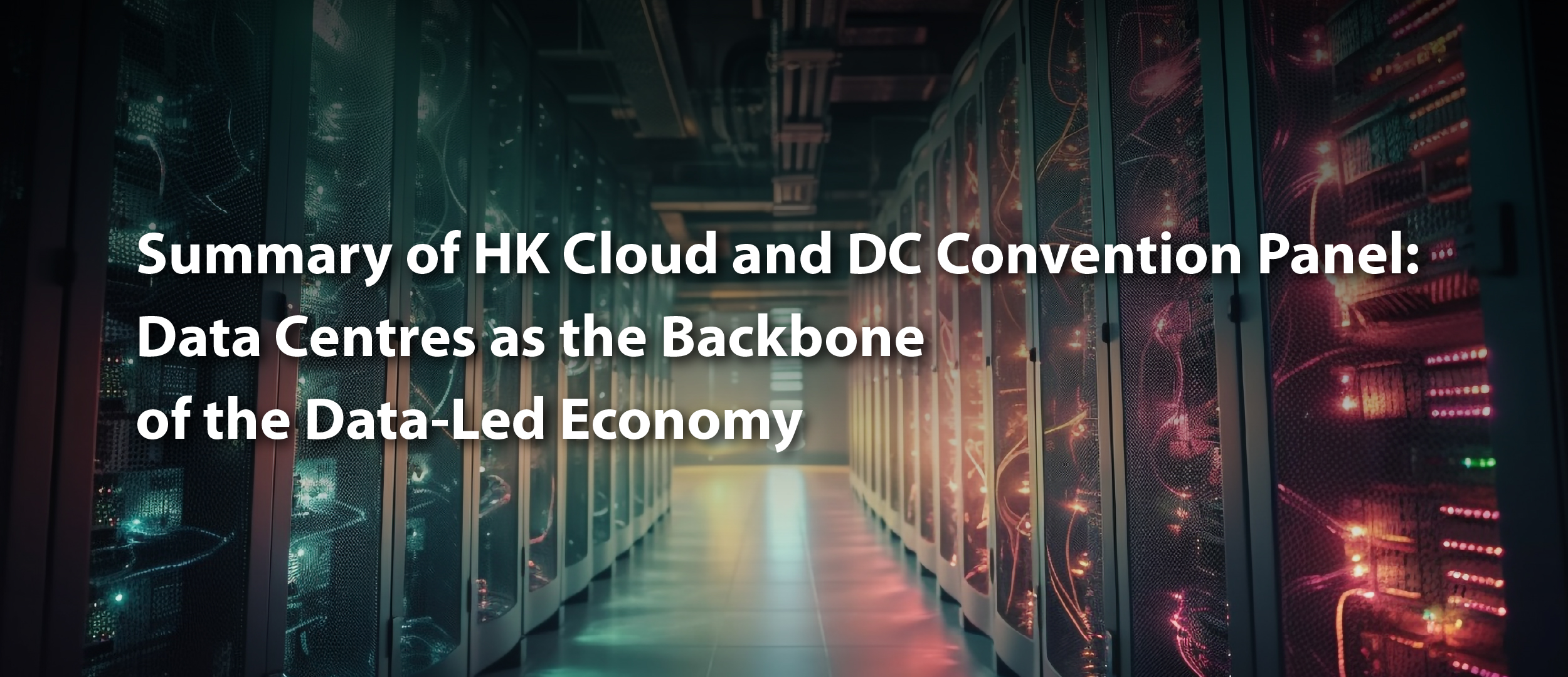
The HK Cloud and Data Center (DC) Convention brought together industry leaders, experts, and panelists to discuss the critical role of data centers in today’s data-driven economy. Among the distinguished panelists was Henry, the Head of Product and Management from TraxComm, who shared his insights on how a robust DC infrastructure can facilitate the data economy for businesses and citizens alike.

Vibrant Data Center Infrastructure: Fueling the Data Economy
In the age of digitalization, data has become the new gold, driving innovation and economic growth across various sectors. The panel highlighted the importance of a vibrant data center infrastructure in supporting data-intensive industries such as healthcare, finance, and e-commerce. As the backbone of the data economy, data centers enable businesses to store, process, and analyze vast amounts of information, leading to improved decision-making, streamlined operations, and enhanced customer experiences.
For citizens, the benefits of a robust data center infrastructure are manifold. From e-government services and smart city initiatives to online education and telemedicine, data centers play a pivotal role in enhancing the quality of life and ensuring the seamless delivery of digital services. The panel emphasized the need for data centers to be agile, scalable, and resilient to meet the ever-growing demands of the digital era.
Requirements for Data Centers to Achieve Their Potential
To support the burgeoning data economy, the panel outlined several key requirements for data centers. These include:
1. Energy Efficiency: As data centers consume a significant amount of energy, it is vital to adopt energy-efficient technologies and practices to minimize environmental impact and reduce operational costs.
2. Security and Compliance: With data breaches and cyberattacks on the rise, data centers must prioritize security and adhere to stringent data protection regulations to safeguard sensitive information and maintain customer trust.
3. Interconnectivity: To facilitate seamless data exchange between different organizations and networks, data centers need to support diverse connectivity options and establish peering arrangements with other data centers and internet exchanges.
4. Scalability and Flexibility: In the rapidly evolving digital landscape, data centers must be able to scale their capacity and adapt their infrastructure to accommodate new technologies and emerging trends.
Overcoming Challenges to Build a Strong Data Center Ecosystem
Despite the immense potential of data centers to bolster the data economy, the panel identified several challenges that need to be addressed. These include:
1. Land and Resource Constraints: Due to the substantial physical footprint of data centers, securing suitable land and resources can be challenging, particularly in densely populated urban areas.
2. Talent Shortage: The specialized nature of data center operations calls for a workforce with technical expertise and skills in areas such as network engineering, power management, and cooling systems. Bridging the talent gap is crucial for the long-term growth of the industry.
3. Regulatory Hurdles: The complex web of regulations governing areas like data privacy, cross-border data flows, and environmental standards can pose challenges for data center operators, necessitating close collaboration with regulators to ensure compliance.
TraxComm: A Trailblazer in the Data Center Landscape
TraxComm, a frontrunner in the data center industry, has been instrumental in addressing these challenges and supporting the data-led economy. With its state-of-the-art data centers, TraxComm provides a secure, energy-efficient, and interconnected environment for businesses and citizens alike. By prioritizing scalability, flexibility, and sustainability, TraxComm has emerged as a leading player in the data center space, paving the way for a digital future powered by robust data center infrastructure.